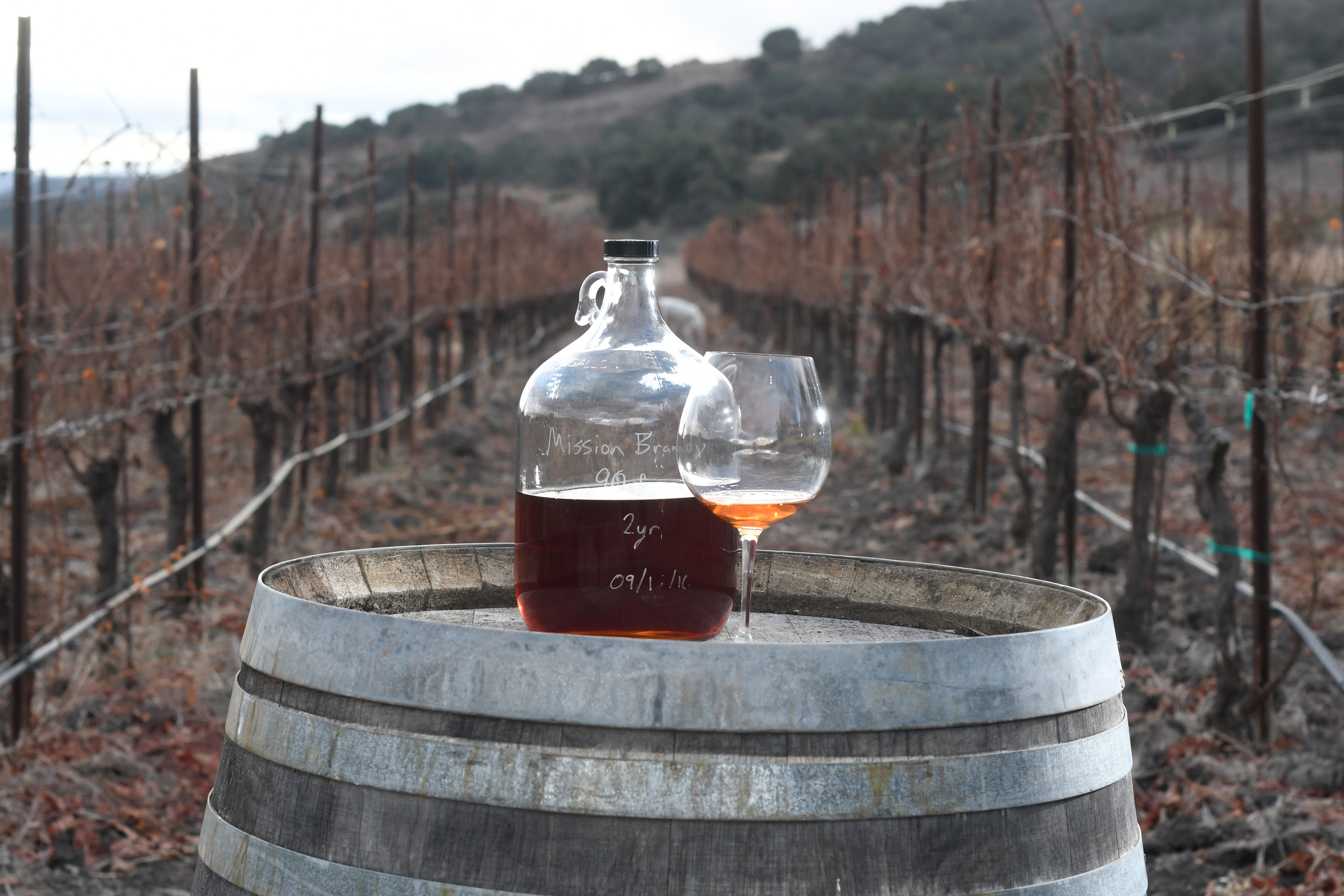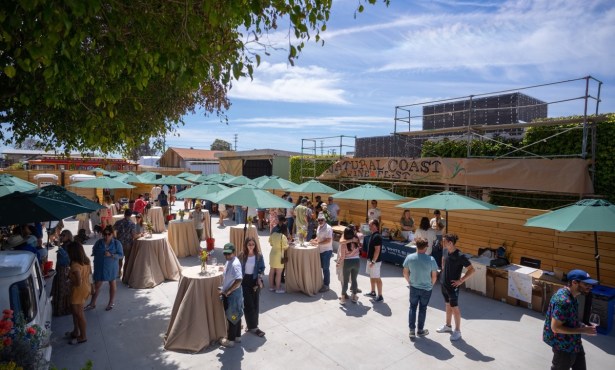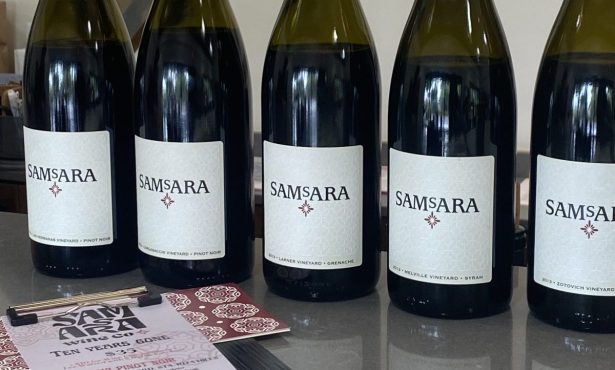Santa Barbara’s Vintners Are Bracing for Chinese Wine Tariffs
“Guarded Denial” for Central Coast Winemakers as Trade War Escalates

China hit back on President Donald Trump’s proposed steel tariffs this week with $3 billion in new fees for fruit, nuts, pork, and other exports from the United States. The laundry list of 128 items includes wine, which will require an additional 15 percent tariff, a significant sum for the $82 million of wine that the country imported last year. Exporting to China is not a huge business for most Santa Barbara vintners, according to Nicholas Miller of The Thornhill Companies, whose family owns numerous vineyards and wine brands. But he sells grapes to other California brands that export, and he calls the mood right now “guarded denial,” explaining that vintners remain hopeful that the tariffs won’t actually be enacted.
A few Santa Barbara wineries have invested considerable expense in China export, including Star Lane/Dierberg. “China is about 12 percent of our current export business but was one of our fastest growing in my tenure here,” said Dierberg’s winemaker, Tyler Thomas. “[T]he tariffs may certainly create headwinds to building that as quickly as we had hoped.” Luckily, the winery still has a good amount of already-imported inventory so can keep the price steady for now, according to JiaMin Dierberg. But fresh off the phone with that importer, she was concerned, explaining, “Building brands in wholesale market will become more difficult as we are competing with wines from all over the world, over quality and price.”
About four years ago, John Kochis founded a company called Aspira that grew to sell wine in 23 Chinese cities. He’s faced numerous challenges but calls the tariff the “final nail in the coffin.” He explained, “Even before the tariff, most customers were looking for wines with a case cost of under $30, which made for very lean margins. With the tariff, there is no room at all.”



